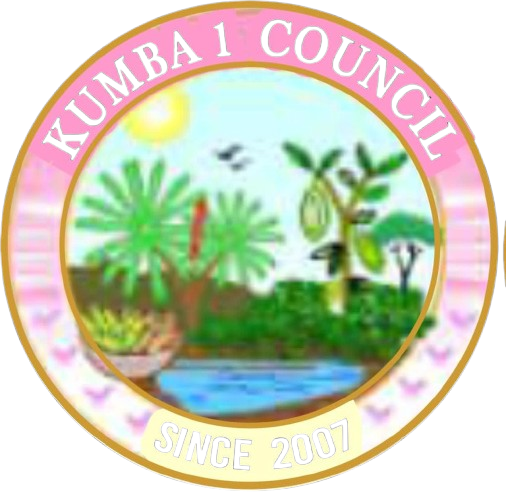- +237 680 068 342
- Monday to Friday: 07:30AM to 04:00PM
COUNCIL HISTORY
- Home
- HISTORY
History of the Kumba I Council
The Kumba I Council was established as part of the decentralization efforts initiated by the Government of Cameroon to bring governance closer to the people and enhance local development. It was carved out as a distinct administrative unit from the larger Kumba Urban Council structure to better serve the specific needs of the residents within its jurisdiction.
Its creation followed the reorganization of councils across the nation, aligned with the 2004 laws on decentralization. These laws gave local governments greater autonomy in managing their affairs, particularly in areas such as infrastructure development, health, education, waste management, and local economic growth. With its seat in the heart of Meme Division, the Kumba I Council assumed responsibility for the central part of Kumba city—often regarded as the commercial and administrative nucleus of the entire division.
Since its establishment, the Kumba I Council has played a pivotal role in shaping the socio-economic and cultural landscape of the municipality. It has prioritized projects aimed at improving road networks, sanitation, community health, public lighting, youth empowerment, and urban planning. Under the leadership of its elected mayors over the years, the Council has also served as a platform for participatory governance, where local voices are increasingly being integrated into decision-making processes.
Today, the Kumba I Council continues to function as a beacon of public service delivery and local development. It operates with a vision of transforming Kumba I into a modern, inclusive, and economically vibrant municipality while preserving its cultural heritage and environmental richness.
